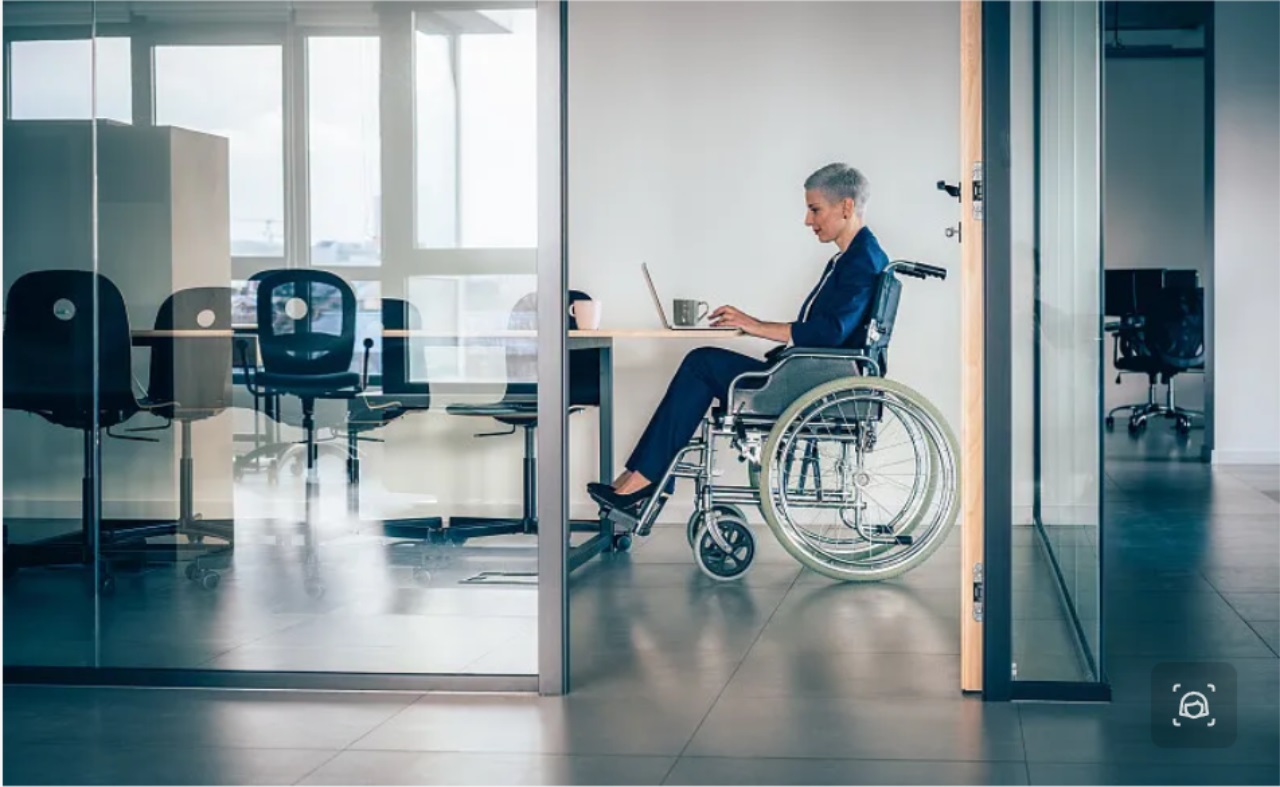Can electric wheel chairs tip over
Imagine the moment: You or a loved one is relying on an electric wheelchair for mobility and independence. Suddenly, you hear a story or see a video of an electric wheelchair tipping over. Fear and uncertainty creep in. But wait—before you panic, let's dive into the truth and uncover the real story behind electric wheelchair safety.

Electric Wheelchair Tipping Over: Fact or Fiction?
First, let's address the elephant in the room. The idea that electric wheel chairs are prone to tipping over is a myth that needs to be debunked. Modern electric wheel chairs are designed with advanced safety features and engineering principles that prioritize stability and balance. While accidents can happen, they are far less common than you might think. The reality is that electric wheel chairs are built to provide safe, reliable mobility for users of all ages and abilities.
Electric Wheelchair Tipping Over: Safety Tips to Keep You Secure
Safety is not just about the chair—it's also about how you use it. Here are some essential tips to keep you safe and confident in your electric wheelchair:
Know Your Chair: Familiarize yourself with the controls, features, and limitations of your electric wheelchair. Take the time to read the user manual and attend any training sessions offered by the manufacturer or dealer.
Maintain Balance: Always sit upright and centered in the chair. Avoid leaning too far forward or backward, as this can affect the chair's stability. If you need to reach for something, use your chair's tilt or recline features if available.
Watch Your Surroundings: Be mindful of uneven surfaces, ramps, and curbs. Approach slopes at a safe angle and speed, and never attempt to climb or descend steep inclines that exceed your chair's capabilities.
Regular Maintenance: Keep your electric wheelchair in top condition by regularly checking the tires, brakes, and battery. A well-maintained chair is a safer chair.
Electric Wheelchair Tipping Over: The Role of Advanced Technology
Modern electric wheel chairs are marvels of engineering, equipped with features that make tipping over an extremely rare occurrence. Anti-tip devices, such as rear anti-tip casters or electronic stability systems, are designed to prevent the chair from losing balance. These systems constantly monitor the chair's position and adjust as needed to maintain stability. Additionally, many electric wheel chairs come with programmable speed controls and seat belts to further enhance safety.
Real-World Stories and Lessons Learned
While the statistics show that electric wheel chairs are safe, it's important to hear from those who have experienced challenges firsthand. Many users report that accidents often result from improper use or lack of training, rather than any inherent flaw in the chair itself. One user shared, "I once tried to climb a steep ramp too quickly and lost control. It was a scary moment, but I learned to always approach obstacles slowly and carefully." These real-world experiences remind us that knowledge and caution are our best defenses.
Addressing Concerns and Moving Forward
If you're still feeling uneasy about electric wheelchair safety, know that you're not alone. Manufacturers, healthcare providers, and user communities are all working together to address concerns and improve safety standards. By staying informed, using your chair correctly, and advocating for better safety features, you can help create a future where mobility is both empowering and secure.
Electric wheel chairs are a lifeline for many, offering independence and freedom of movement. The fear of tipping over should never overshadow the incredible benefits these devices provide. With the right knowledge, proper usage, and advanced technology, you can trust that your electric wheelchair is designed to keep you safe. So, don't let fear hold you back—embrace the possibilities and enjoy the journey.




